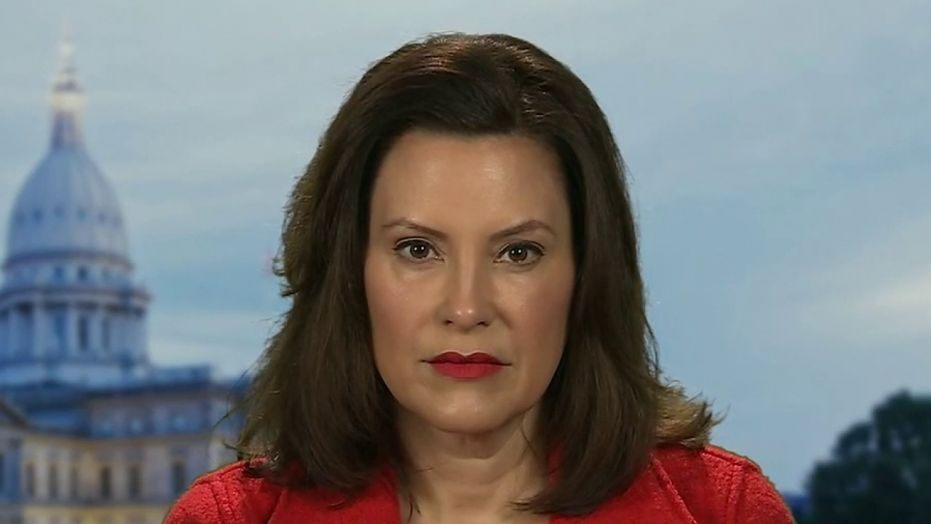In a recent column in the New York Times, Michigan Gov. Gretchen Whitmer criticized President Donald Trump for not issuing a national order making the wearing of masks mandatory – a pledge made by Vice President Joe Biden raising serious constitutional questions. Now, Whitmer is having her broad interpretation of state executive authority checked by the Michigan Supreme Court, which found that she violated the Constitution with her extension of the state of emergency.
As a reminder, Andrea Widburg writes that Whitmer’s “Stay Home, Stay Safe Executive Order” went into effect at the end of March, while people were still talking about a short-term exercise in “flattening the curve.”
Whitmer quarantined everyone, locking people in their homes except for allowing them to go to major chain stores or work for (and still get paid by) the government.
As time passed, Whitmer’s orders got more detailed, with carve-outs for activities that raised taxes or advanced social policies. Thus, the lockdowns did not stop alcohol, pot, and lottery tickets purchases, as well as abortions. She also issued orders affecting harmless or constitutionally protected behavior, such as banning travel to vacation homes, forcing stores to close whole sections, banning store advertising and hydroxychloroquine, and forbidding jet skiing and outdoor gardening.
Her decisions were devastating to people whose lives depended on these activities or businesses. Her most vicious act was to wage a brutal war against a 77-year-old barber who had to choose between ignoring her ban against personal grooming services and starving. It took two months before a judge finally set the matter to rest by ruling in favor of the barbershop.
The Supreme Court found that Whitmer lacked authority under two laws – the Emergency Management Act from 1976 and the Emergency Powers of the Governor Act from 1945. Notably, before the court’s opinion, advocacy groups submitted more than 539,000 signatures in a bid to repeal the 1945 law.
Yet the Michigan Supreme Court has now ruled that neither law gave Whitmer the authority to continue the state of emergency or issuing unilateral orders past April 30th. Justice Stephen J. Markman authored the majority opinion and wrote:
“We conclude that the Governor lacked the authority to declare a ‘state of emergency’ or a ‘state of disaster’ under the EMA after April 30, 2020, on the basis of the COVID-19 pandemic. Furthermore, we conclude that the EPGA is in violation of the Constitution of our state because it purports to delegate to the executive branch the legislative powers of state government– including its plenary police powers– and to allow the exercise of such powers indefinitely.
As a consequence, the EPGA cannot continue to provide a basis for the Governor to exercise emergency powers.”
The ruling will fuel opposition to Whitmer, including protests that she denounced as irresponsible during the pandemic. That position led to further criticism when Whitmer participated in even larger Black Lives Matter protests.
The dissenting opinion authored by Chief Justice Bridget McCormack (with Justices McCormack, Richard Bernstein and Megan Cavanagh joining) drew a curious line. The dissenters agreed with the majority that Whitmer violated the Constitution and did not have the authority to extend the emergency orders but would uphold the EPGA because to facially invalidate the EPGA is unnecessary because there are other judicial remedies.”
This case came before the Court after a federal district court certified questions of state law to be addressed on the constitutionality of Whitmer’s actions.
Here is the decision: In re Certified Questions
* * *
It’s still too early for Michiganders to start celebrating. Whitmer seems to have enjoyed her flirtation with totalitarian power and is not prepared to give it up:
Whitmer said Friday she “vehemently” disagreed with the court’s ruling, which she said made Michigan an “outlier” among the majority of states that have emergency orders in place.
The governor said that even after the Supreme Court ruling takes effect, her directives will remain in place through “alternative sources of authority.”
